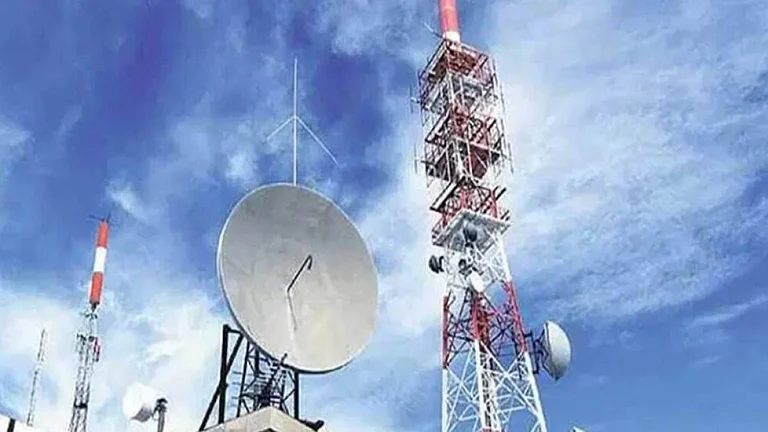The central government assured that it will allocate spectrum for satellite-based communication services administratively without auction. However, there will be a certain amount of fee involved, said minister of state for communications Pemmasani Chandra Sekhar in a written reply in the Lok Sabha on Wednesday.
Citing technical or economic reasons, the government will also give some exceptions under the new Telecommunications Act to serve the public interest or to perform government function or where such auctions are not the preferred mode of assigning spectrum, said the minister.
India's leading telecom companies are demanding a level playing field between telecom and satellite communication (satcom) services. Telcos urged the Telecom Regulatory Authority of India (TRAI) to mandate that satellite spectrum for urban or retail use should only be allocated through auctions.
This came amid global players such as Elon Musk-owned Starlink and Jeff Bezos-led Amazon Kuiper are planning to roll out satellite broadband in cities. They are reportedly posing direct competition to telcos like Reliance Jio, Bharti Airtel and Vodafone Idea (Vi) which had invested millions in in spectrum for their terrestrial networks.
The government also asserted that the Department of Telecommunications (DoT) already sent a reference to TRAI for recommendations on terms and conditions. He said that these include spectrum assignment, including spectrum pricing, for licensees who want to provide satcom services while factoring in a level playing field with terrestrial access services.
Earlier, the government clarified that it would allot spectrum for satellite broadband administratively when Musk criticised the auction route being sought by Reliance Industries chairman Mukesh Ambani as “unprecedented.”
TRAI's suggestion for administrative allocation of satellite broadband spectrum was supported Starlink, Kuiper, and Bharti Group but India's largest telecom operator, Reliance Jio was against it. Jio also wrote a letter to the government in this regard but later the government said that they do not want to allocate satellite spectrum through auction because the costs involved could impact the business case economics.































